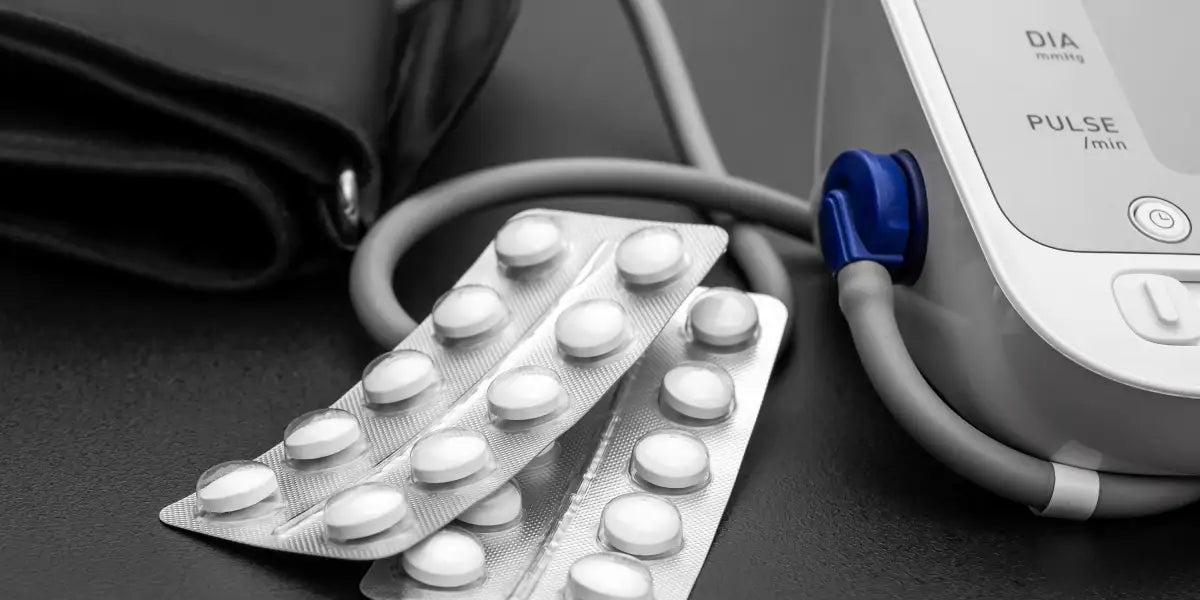Apparently this stuff works - Mike M.
You can feel the difference - Kevin K.
My BP was 157/101... now it is 129/87 - Latasha G.
Seems to work... lowered my numbers by 7% - Scott L.
It is a life saver - Golda C.
I feel better, I have more energy - Alex Y.
My BP went down 10 points in 2 weeks - Lucy W.
I have only been drinking it for 2 weeks and my BP numbers have gone down - Elizabeth S.
Apparently this stuff works - Mike M.
You can feel the difference - Kevin K.
My BP was 157/101... now it is 129/87 - Latasha G.
Seems to work... lowered my numbers by 7% - Scott L.
It is a life saver - Golda C.
I feel better, I have more energy - Alex Y.
My BP went down 10 points in 2 weeks - Lucy W.
I have only been drinking it for 2 weeks and my BP numbers have gone down - Elizabeth S.
Add description, images, menus and links to your mega menu
A column with no settings can be used as a spacer
Link to your collections, sales and even external links
Add up to five columns
Add description, images, menus and links to your mega menu
A column with no settings can be used as a spacer
Link to your collections, sales and even external links
Add up to five columns
Pain Relievers and High Blood Pressure: What You Need to Know
September 19, 2024 2 min read

If you’re one of the millions of Americans managing high blood pressure, you’re probably aware that diet, exercise, and medication play crucial roles in maintaining your health. But did you know that the pain relievers you take could be affecting your blood pressure as well?
Recent research from UCLA Health and the American Heart Association has shed light on how common pain medications, including over-the-counter options, can exacerbate high blood pressure. Here’s what you need to know to keep your blood pressure in check while managing pain.
The Hidden Impact of Pain Relievers on Blood Pressure: Many people assume that over-the-counter pain relievers are harmless, but research suggests otherwise. NSAIDs (nonsteroidal anti-inflammatory drugs) like ibuprofen (found in brands like Advil and Motrin) and naproxen (Aleve) are known to raise blood pressure, especially when taken regularly. These medications can interfere with the effectiveness of common blood pressure medications, making it harder to keep your numbers in a healthy range.
Acetaminophen (Tylenol) has often been recommended as a safer alternative for those with hypertension. However, a study published in Circulation found that regular use of acetaminophen can also lead to an increase in blood pressure, similar to the effects of NSAIDs.
Other Medications and Substances to Watch Out For: It’s not just pain relievers that can raise blood pressure. Oral contraceptives, certain antidepressants, and even some herbal supplements like ginseng and St. John’s wort can contribute to hypertension. Over-the-counter decongestants and caffeinated products, including energy drinks, can also push your blood pressure into dangerous territory.
Managing Pain Without Raising Blood Pressure: So, what’s the safest way to manage pain if you have high blood pressure? The key is to talk with your doctor. They can help you weigh the risks and benefits of different medications and can recommend alternatives that are less likely to affect your blood pressure.
Lifestyle modifications can also play a big role. Maintaining a healthy weight, following a low-sodium diet, and incorporating regular exercise can all help manage both pain and blood pressure. Stress reduction techniques such as meditation and deep breathing exercises can also have a positive impact on your overall health.
High blood pressure management requires a thorough approach, and that includes being mindful of the medications you take. If you’re concerned about how your pain relievers might be affecting your blood pressure, now is the time to have a conversation with your healthcare provider.
Remember, it’s not just about managing your pain—it’s about maintaining your overall health. Stay informed, stay proactive, and keep your blood pressure in check.
Leave a comment
Comments will be approved before showing up.
Subscribe
Sign up to get the latest on sales, new releases and more …

